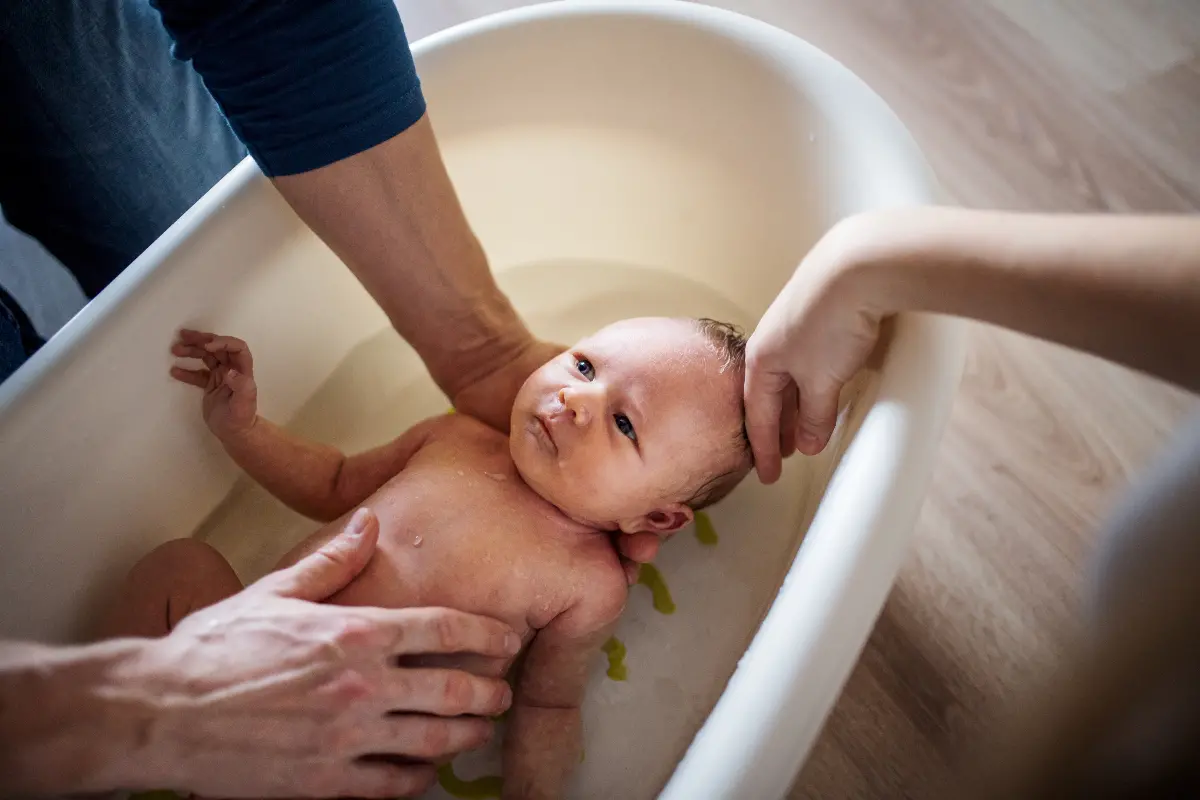Navigating the first few weeks with a new baby can be as daunting as it is delightful. With the right guidance, though, transitioning into parenthood can become a smoother, more enjoyable experience. Here, we delve into some essential tips for newborn care that can help make those initial weeks not just bearable but also deeply rewarding.

One of the cornerstones of newborn care is establishing a feeding routine. Whether you're breastfeeding, bottle-feeding, or a combination of both, it's essential to follow your baby's cues. In the early days, this may mean feeding on demand, which helps to boost milk supply for breastfeeding mothers and ensures your baby is getting the nutrients they need during growth spurts. Look for signs of hunger, such as lip-smacking, sucking sounds, or rooting, and try to feed your baby before they become too distressed by hunger.
In addition to a feeding routine, establishing a sleep schedule is another crucial aspect of newborn care. While newborns sleep a lot, they do so in short spurts. To help your baby differentiate between night and day, keep the lights dim at night and expose them to natural light during the day. However, resist the urge to keep your home silent during naps. A bit of ambient noise can help your baby become a more flexible sleeper.
When it comes to soothing your newborn, remember each infant is unique. What calms one baby might not work for another. Swaddling is often effective, as it mimics the snugness of the womb. Many newborns also find a gentle, rhythmic motion soothing—think rocking or being walked around. A consistent white noise can also replicate the comforting sounds your baby heard in utero. Don't be afraid to experiment with different techniques to find what works best for your little one.
Diapering is another area where new parents often seek advice. Expect to change your baby's diaper roughly 10 times a day. It's not just about dealing with the contents but also about checking for any signs of diaper rash. Choose a high-quality diaper brand that fits well to prevent leaks and rashes, and consider applying barrier creams as a preventative measure.
Bath time can be an enjoyable experience for both the baby and parents, or it could become a bit of a slippery challenge. Until your baby's umbilical cord stump falls off, stick to sponge baths with a warm, damp cloth. After that, you can graduate to a baby bathtub. Keep the room warm to prevent your baby from getting cold, and make sure all bathing supplies are within arm's reach before you begin.

It's essential to remember that your newborn's immune system is still developing. Limiting exposure to large crowds and sick people in the first few weeks can help protect your baby from unnecessary infections. When it comes to visitors, don't hesitate to ask them to wash their hands before holding your baby or to delay their visit if they're feeling under the weather.
Most importantly, taking care of a newborn is a partnership, whether with a spouse, relative, or friend. Sharing responsibilities allows for some much-needed rest and self-care. Don't be shy about accepting help with household tasks or meal preparation. Equally, be willing to speak openly with your partner about how you're feeling and any support you might need.
Lastly, throughout this period of adjustment, it's vital for new parents to look after their own well-being. Postpartum recovery can take time, and the emotional rollercoaster of new parenthood is real. If you're feeling overwhelmed, reach out to your healthcare provider or local support groups for advice and companionship.
Every parent's journey is unique, and it's perfectly normal not to have all the answers straight away. Patience, love, and a sense of humour will go a long way as you learn the ropes of these precious first weeks with your new arrival. And with these essential tips in your parenting toolkit, you can confidently navigate this beautiful, albeit sometimes challenging, phase of life.